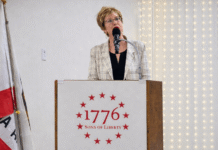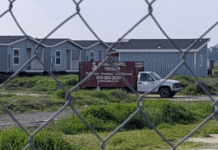You can read this article free for 3 days after it’s published. After that, it’s available only to members.
Unlock unlimited access to trusted local news, exclusive stories, and VIP perks—starting at just $3/month.
- Unlimited article access
- Includes ads
- $30/year (Save $6)
- Ad-free reading
- Unlimited article access
- Members-only newsletter
- $50/year (Save $22)
- Exclusive video podcasts
- Discount Card (Jan 2026)
- VIP events & contests
- $80/year (Save $28)
- and more
View Yearly Plans and Save More
Already a member? Log in here.









